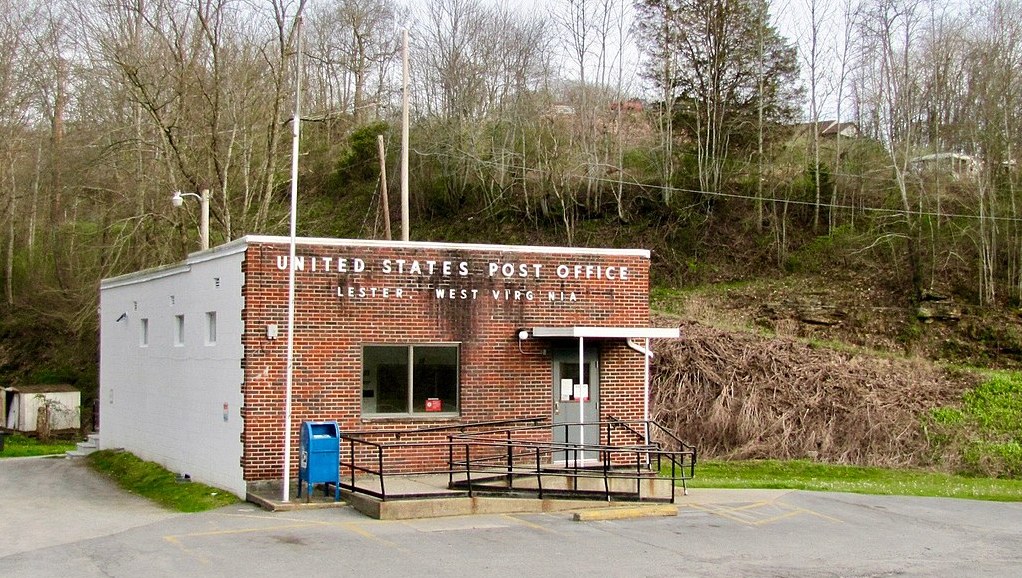
A few weeks ago, Patty Heyda. A professor at Washington University at St. Louis, wrote an excellent article for The Conversation about the values that humble post offices have brought to American communities.
She wrote: “The post office is what urban designers call a ‘local public anchor institution.’ These are the shared civic buildings, services and spaces accessible by all and benefiting all, and they also include public schools, libraries and parks. They support the population without discrimination, through economic downturns and even during pandemics.”
Like the author, I am also an urban designer. From the perspective of physical design and its symbolism, I can only reinforce her eloquent observations.
- Equal Rights. First, assistance in the post office makes no distinctions of class, race, age, sex, sexual orientation, or even manner of dress. No one is going to get better service because of their personal physical attributes, their beliefs, or their position in life. You can look about the place and see microcosm of society: Wealthy and poor. Fit and infirm. Young or old. Religious or not. We all get treated the same. There is no assumed privilege for anyone.
- Patience. Many Americans want things immediately. Rapid, prompt service for everything. Service with the attitude of the customer is always right. As if this were some kind of birthright. But being a loud-mouthed, entitled bully won’t get you to the counter any faster. Conducting business at the post office is simply going to take its own sweet time. We learn to be considerate, quiet, and wait our turn.
- Preparedness. Appear at the counter with a package intended for Aunt Emm’s 90th birthday, stuck in a paper bag bound with painters tape and we will likely be told to return with a proper packing job. We all know this. Or at least most of us do. So instead we show up, like school children at a science fair, displaying our completed “project.” We learn to read instructions, to pay attention, and to take the appropriate actions. We learn that to receive the benefit of a civil society, we agree to some simple rules.
- Civility. Everyone at the post office uses their “indoor voice.” We learn this from watching others. No one is accusing the government workers of having a conspiracy, of having a hidden agenda, of forcing everyone to use stamps. It’s a social compact: we wait to be helped, we are helped, we leave. No one holds banners, yelling sound-bite slogans at the door. We know the place is serene and safe.
- Tolerance. The post office attracts a full range of people, a veritable cross-section of society. On any given visit we can find ourselves standing between a grandmother in a threadbare coat and a young tough guy with a torn T-shirt and cowboy boots. Or between a person in a wheelchair and an attorney in an expensive suit. We are respectful and mutually accommodating, mindful that their business is not our business. We learn to get along peacefully, without rancor.
However, since communities involve people as much as they do buildings, I would offer another perspective about the role of the post office. The post office teaches all of us how to behave in a democratic society.
The Post Office is not only a great institution of democracy, it is a great leveler, a place where human interaction is polite and measured.
These five attributes are also essential to being thoughtful citizens of a city, a state and a country. We learn from the example of others and they in turn learn from us. That is why the post office is more important than the policies and preferences of any Postmaster or of any President. It is part of our shared public realm, part of our collective national soul.
You don’t mess with that.
Discover more from Post Alley
Subscribe to get the latest posts sent to your email.
